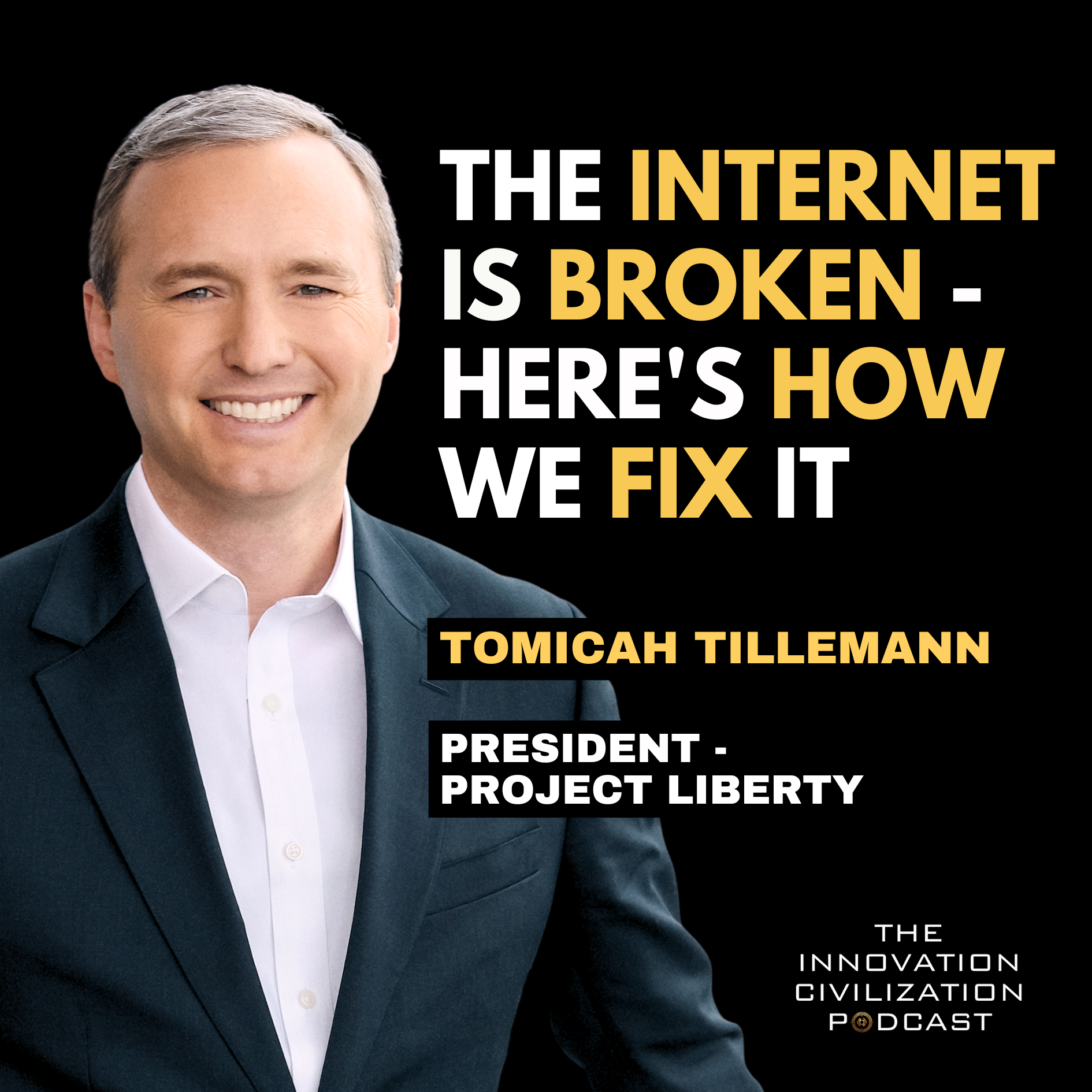Episode Description
Why are some nations rich whilst others are poor?
Why is Mexico much poorer than the United States?
Why is Latin America so fundamentally different from North America?
How is it possible that an average American is 40 times richer than an average Sierra Leonean?
Is it climate, geography, culture, or could it be the ignorance of domestic leaders?
Our ICP host Waheed Rahman (@iwaheedo) sits down for an exhilarating episode probing the fundamental reasons why nations develop differently with none other than the world-renowned British economist and New-York Times best-selling author of the book "Why Nations Fail: The Origins of Power, Prosperity & Poverty" - James Robinson.
In the episode, we cover:
-the basics of institution building
-the key differences between inclusive & extractive economic/political institutions and their impact on economies
-what spurred development in some parts of the world and why others lagged behind
-historical context behind what led to the rise and fall of nations
-how to develop sustainable political and economic systems for successful nation building
Follow our host Waheed Rahman (@iwaheedo),, for more updates on tech, civilizational growth, progress studies, and emerging markets.
Here are the timestamps for the episode. On some podcast players, you should be able to click the timestamp for the episode.
(00:00) - Introduction
(05:54) - James's background and what motivated him to study about institutions, economics & nations?
(11:09) - Significance of democracy for nation building
(13:22) - Definition and importance of political/economic institutions
(14:07) - Characteristics of inclusive and extractive institutions
(16:51) - How can political centralization drive economic growth?
(19:41) - Are inclusive institutions more democratic?
(21:02) - Does democracy ensure economic development?
(23:12) - Was the Industrial Revolution the biggest source of inequality in the world?
(28:08) - Examples of nations with extractive forms of institutions
(30:47) - Impact of European Colonialism on poor countries
(35:57) - What sort of political/economic system drove China's economic growth?
(40:36) - Is China's growth sustainable given the current authoritarian regime/institution policies?
(42:56) - How do geography and culture impact economic development?
(48:17) - What do virtuous and vicious circles mean in light of developing political/economic institutions?
(58:05) - Outro








